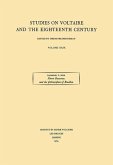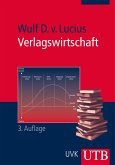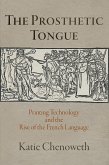Inspired by questions and techniques of l'histoire du livre', this books investigates how print technology in the service of cultural discipleship created the liteary icon known as Jean-Jacques Rousseau. During his lifetime Rousseau asserted an author-centred interpretation of literary property that brought him celebrity and income. However, following the condemnations of Emile and Du contrat social, it also brought him extraordinary personnal grief. After Rousseau's death in July 1778, three disciples envisioned a massive testament of rehabilitation, the Collection complète des oeuvres de Jean-Jacques Rousseau, citoyen de Genève. Containing the first editions of the Confessions, Rêveries du promeneur solitaire, and considerable correspondence, the Collection complète offered up Rousseau the martyred sage speaking the language of autobiography. Readers were invited to appropriate lessons from the tragic life. Indeed, the absorption of Rousseau's texts was intended to stir up, manipulate, and change their own lives. Though the Collection complète was an extraordinary literary phenomenon, it proved to be a commercial disaster. Competing editorial agendas tore apart the disciples, and piracies of their edition damaged the enterprise. Rousseau's 'widow' and blood relatives claimed literary property rights inheritance. Subsequently, as the French Revolution unfolded, established strategies behind the marketing of Rousseau shifted. The flexible moral messages of autobiography yelded place to a static political one - that of Rousseau as author of Du contrat social, the père de la patrie, en embalmed corpse lying in state in the Panthéon. Forging Rousseau is a unique type of cultural analysis, contextualising the commercial publishing history of Rousseau's works in the milieux of the late Enlightenment and Revolutionary period. It is sensitive to major issues concerning book history today: what constitutes an edition, what constitutes a piracy, and competing definitions of intellectual property, icon construction, and literary inheritance.








